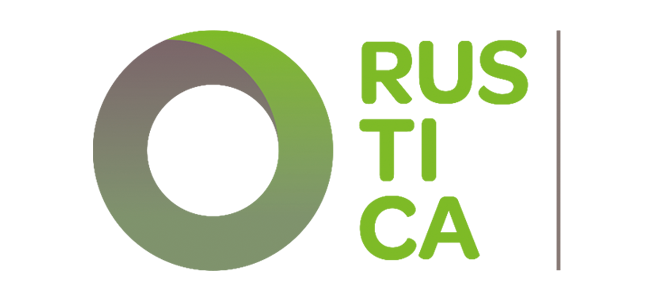Bundling forces across projects to develop an online course on business models in farming
KU Leuven, ILVO, Rikolto, Odissee Hogeschool and the Fachhochschule Südwestfalen bundle their forces in the development of a Massive Open Online Course (MOOC) on Business Models for Sustainable Farming.
With this initiative, they also provide output that is highly relevant in the framework of several ongoing European projects: Newbie, COCOREADO and RUSTICA. The development of the course started in January 2021, with the support of KU Leuven Global Minds. Hindered by the Covid-19 crisis, the course team was not able to meet so far. On the 8th of September, finally, representatives from all the involved institutes met in Leuven.
Strengthening the position of farmers has been recognized as one of the key factors for the transition towards more sustainable food systems. Educational material on Business Models for Sustainable Farming is needed to support farmers in strengthening their position in the food chain. This holds true for all farmers in the North, as well as, in the South.
The attention on business models in the farming sector has dramatically increased over the last decade. As a result, we find the position of the farmers, noteworthy, as well as societal issues such as climate change.
From the farmers’ position, we can observe that they are most often price takers. Worldwide, prices are being set by large operators, both upstream and downstream in the food chain. Simultaneously, there is growing consumer demand for high-quality food and a rising concern about how food is produced. Consumers increasingly search for food that is not only nutritious but also produced in an environmentally friendly and fair way.
This brings us to the issue of climate change. While agriculture is part of the problem, it can also be part of the solution. There is an overall consensus that farming needs to become more sustainable. While economic and environmental sustainability does not always go hand in hand, it leaves no doubt that sustainable farming implies an economically viable business model for the farm.
The European Commission recognizes the need for the development of sustainable business models and encourages actions to enhance the position of the farmers in Europe. The Agricultural Knowledge Innovation Systems (AKIS) characterizes the European context where farmers take their decisions and share their expertise. The AKIS concept was also the cornerstone to develop agricultural innovation policies, particularly, the European Innovation Partnership for Agricultural productivity and Sustainability (EIP-AGRI). Strategic decisions related to innovations have a big impact on farms and are, therefore, typically related to the start-up of a new farm or the succession of farms to the next generation.
The European Commission has financed several European projects under its Horizon 2020 Program to strengthen the position of European farmers. KU Leuven is a partner to several of these past and ongoing projects.
However, the outcomes of such projects are often dispersed and although joint events are encouraged, time and means are the limiting factors to bundle forces. In this context, several valuable opportunities are missed out. Moreover, most of the consortia focused on the business models for sustainable farming are exclusively European teams. Yet, we noticed that more stakeholders in the Global South are interested in joining our project events. Indeed, the issue of the weak position of the farmers is not unique for Europe. In this sense, Rikolto’s involvement as an international partner in the course team is a real added value.
The course team is still working hard on the MOOC modules. The MOOC will cover several topics, ranging from the components of a modern farming business to situation analysis and strategy development. Students will have the opportunity to develop entrepreneurial and managerial skills. At the same time, they will learn about sustainable value propositions and business model configurations. The MOOC will not only introduce theoretical frameworks to analyze and improve the success of a business model but will also provide interesting examples from all over the world. By mid-November, the promotion campaign will be launched. From January 2022 onwards, students can enroll for this Massive Open Online Course on Business Models for Sustainable Farming.


